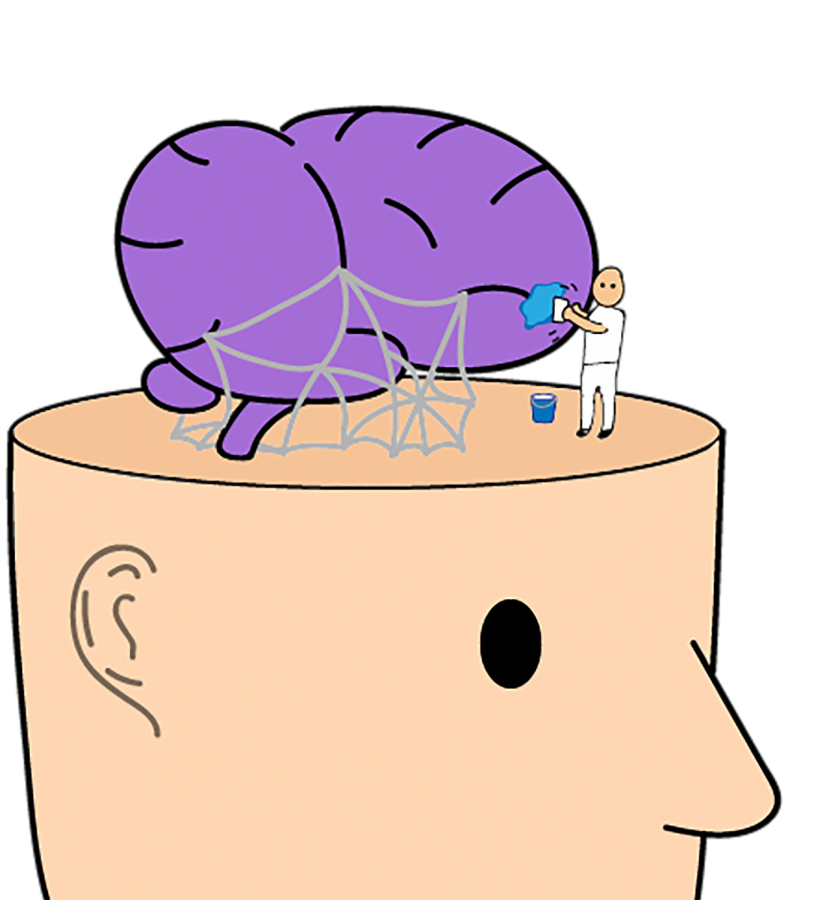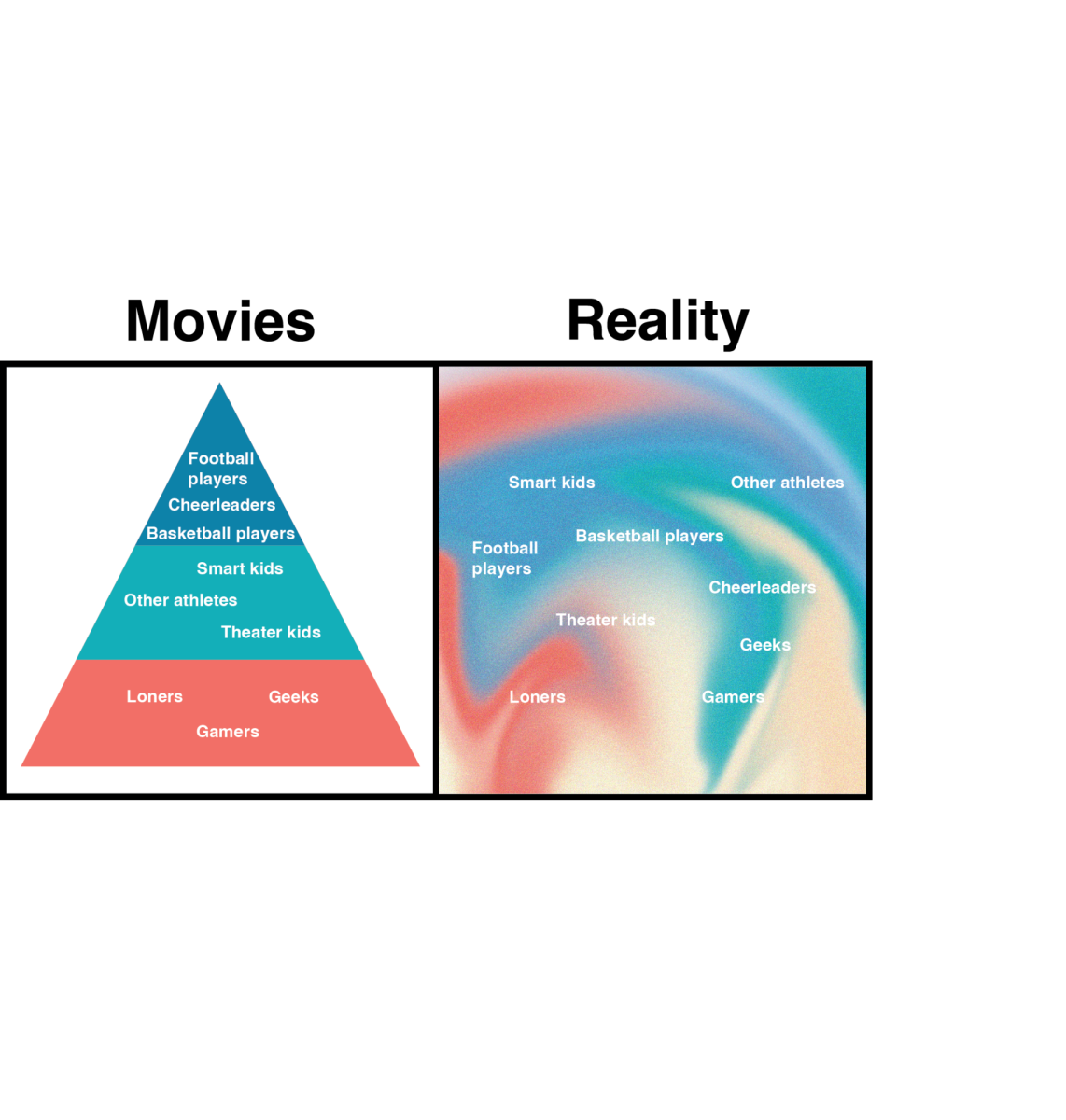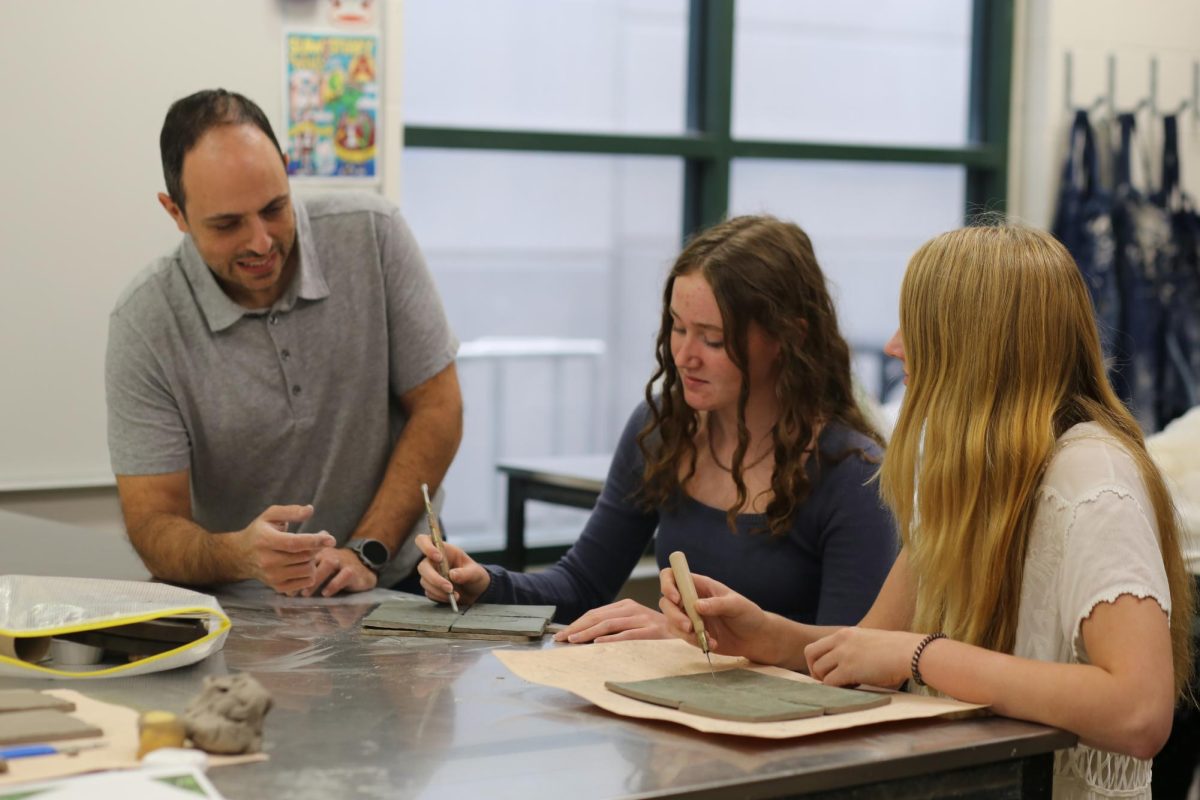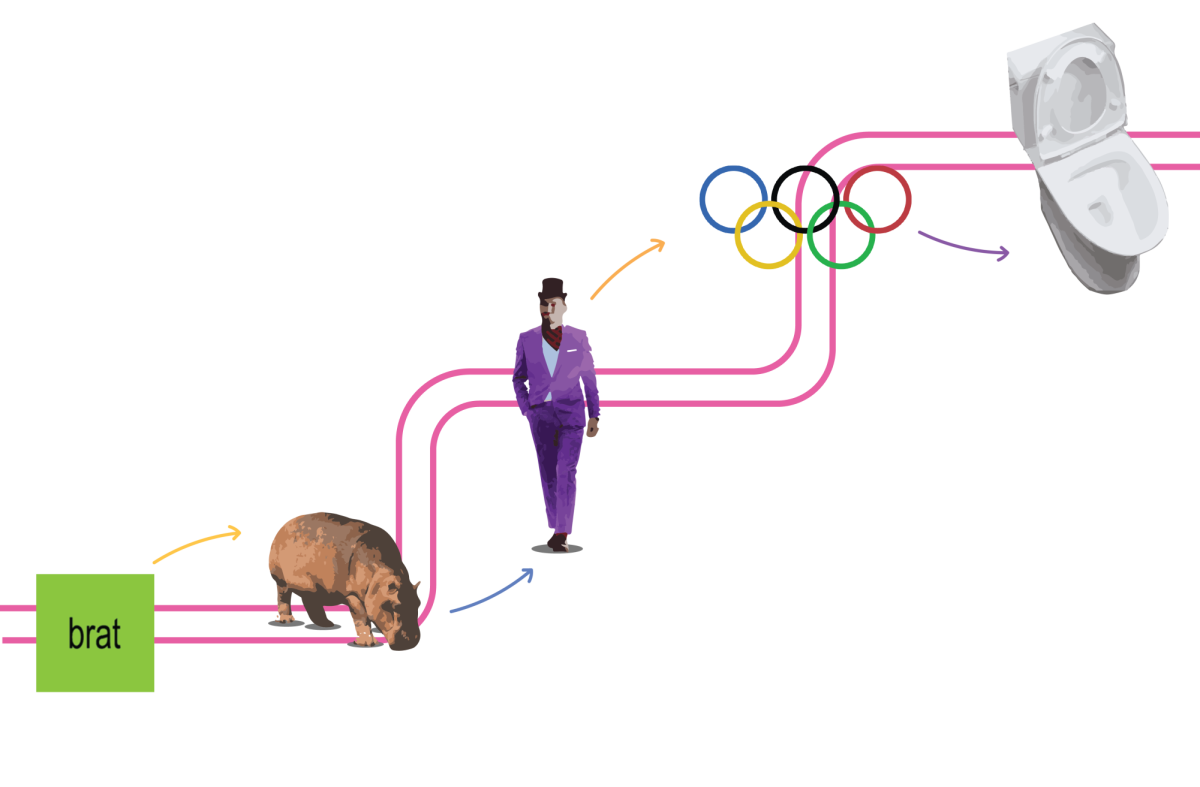Teenagers are often told to weather the storm. They are encouraged to take the bad with the good and to accept what cannot be changed. In many cases, this resilient and easygoing attitude is completely appropriate, if not necessary, in life.
It is important to love friends for who they are, especially when it involves accepting their imperfections. After all, no relationship is perfect.
However, it is equally important to recognize that not all friendships are healthy for both parties.
Though people often crack jokes about “cutting out the haters,” there is a truth to it that many don’t take to heart.
Unhealthy friendships can cause more harm than good. Rather than building each other up and being a source of happiness, they can result in unwanted stress, unnecessary drama and poor self-image.
Unfortunately, experiencing harmful friendships is not uncommon. It is vital to learn the difficult lesson that not all friendships should be saved, especially when they’re at the expense of mental health.
This is by no means an excuse to drop all friendships that have gone through rough patches. Rather, it involves knowing when to respectfully take a step back and to protect oneself from that which cannot be fixed.
The first step in any interpersonal conflict is to seek resolution. Indeed, soundly built friendships are made to withstand the fiercest storm.
Still, the fact remains, some friendships can’t and shouldn’t be saved. Though there is no foolproof recipe, there are certain signs that indicate a debilitating friendship.
For example, friendships which are built on the foundations of negativity, drama and leeching negatively affect the individual’s well-being.
Similar to how friends pick up each others’ expressions and mannerisms, it is easy to adopt a friend’s negative outlook on life.
As cathartic as complaining may seem, a constant negative attitude makes matters seem worse than they really are. After a person complains, the brain makes it easier to repeat that behavior. When someone is constantly surrounded by negative people, it is almost impossible not to mirror their negativity. After all, negativity is contagious.
This pessimism intensifies stress, conflict and despair. It fails to provide hope for improvement.
Friendship gatherings should not be pits of wallowing self-pity and despair. Rather, friends should be sources of laughter, stress relief and good advice.
If a friendship is irreversibly tainted by negativity, the wise thing to do is to take a step back for the sake of preserving one’s inner peace.
Friendships that involve constant drama are also dangerous. As juicy and entertaining as gossip and drama might seem in the moment, it has the power to hurt others.
Gossip queens (of both genders) cannot go a day without spreading rumors about others and talking about people behind their backs. For whatever reason, they thrive on bringing others down with their biting words.
One might think that being friends with such individuals won’t affect them. It’s tempting to think, “They’re not talking about me, so why do I care?”
Unfortunately, the very nature of gossip queens is that they can’t help but talk about others. Most likely, if a friend is always talking about others behind their backs, they are doing the same about you.
As engaging and entertaining as they may be, it is very challenging for such gossip queens to be good friends, since true friendships are built on trust.
Finally, it is important to distance oneself from friendships characterized by leeching. Of course, leeching off a friend’s lunch is annoying. However, sometimes people become close with others simply to take advantage of them in a more serious way. Leechers take advantage of their friends’ kindness, smarts or money for personal gain, and they often offer nothing in return.
This type of relationship is not friendship. Friendships should be give-and-take; they should mutually benefit both people.
With this in mind, it is better to distance oneself from friendships that resemble parasitism. Friends should be able to help each other without expecting anything in return.
There’s always room to grow into a better person, and being a good friend fits under that umbrella. The first step in eliminating toxic friendships is the individual working a little harder at being a better friend.















